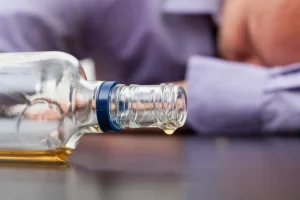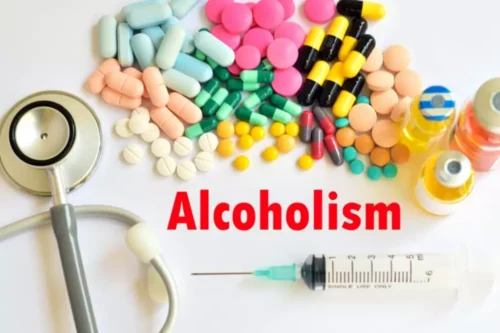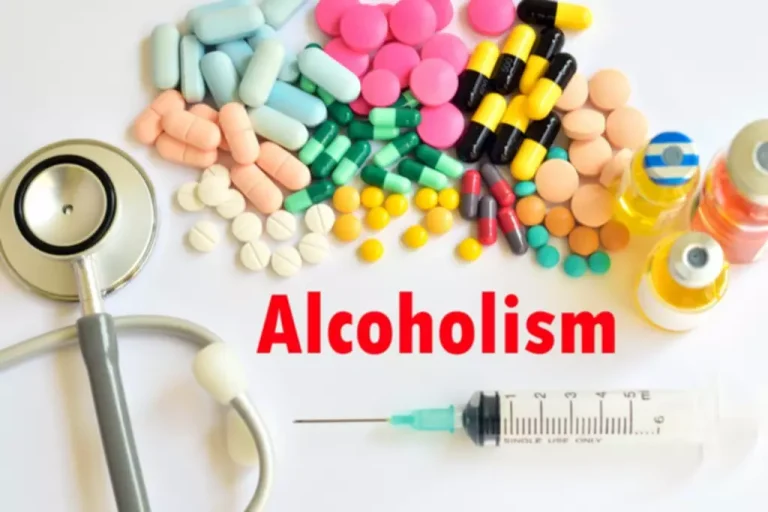
Symptoms are more likely to be a reaction to the ingredients in a drink, or the alcohol causing other types of allergies to worsen. For example, alcohol may exacerbate preexisting asthma conditions. ADH enzyme variants are genetic changes that alter aldehyde dehydrogenase.
Disease-Induced Alcohol Intolerance
A person with severe allergies should carry one with them at all times, in case of a serious allergic reaction. Depending on the allergy severity, a person may treat symptoms with over-the-counter medications, such as oral antihistamines, if the reaction is mild. Depending on whether a person has an alcohol allergy or intolerance, they may need to avoid alcohol entirely. Occasionally, a doctor may ask a person to consume alcohol in a medical setting and observe any reactions or symptoms.
Symptoms of an Alcohol Allergy
You may simply need to avoid alcohol, limit how much you drink, or avoid certain types of alcoholic beverages. However, if you have a serious reaction or severe pain, see your doctor. Also, if your symptoms seem to be linked to an allergy or a medication you’re taking, see your doctor. For a minor reaction, over-the-counter or prescription antihistamines might help reduce symptoms, such as itching or hives. It may seem unfair that an inherited condition keeps you from enjoying the occasional glass of wine or beer.
How can you treat alcohol allergy?
Alcohol intolerance is distinctly different from having a lower tolerance for alcohol’s intoxicating effects, although the two are often confused. Individuals with alcohol intolerance are genetically predisposed to have inadequate amounts of the enzyme needed to metabolize alcohol efficiently. Very rarely, a person may have a “true” alcohol allergy, meaning they are allergic to the ethanol in alcohol. In people with true alcohol allergy, as little as 1 milliliter (mL) of pure alcohol can trigger an allergic reaction.

Alcohol intolerance and allergies: Symptoms & causes

This nausea and vomiting will differ what causes alcohol intolerance from vomiting that can happen when drinking in that it will be very soon after drinking, occurring suddenly and intensely. The immediate symptoms of alcohol intolerance will occur right after drinking alcohol. They will typically happen rapidly enough that there is no question as to if it was the alcohol that caused it or not.
Health Conditions
Continuing to drink alcohol while knowing you are intolerant (or allergic) can also have severe health consequences. Ultimately, if you suspect you have alcohol intolerance, consulting with healthcare professionals is the best course of action. They can provide personalized advice, support, and treatment options, helping you effectively navigate the challenges of this condition. While rare, people with grape allergies should avoid wine and grape-based liquors, including brandy. Even less common is an allergy or intolerance to corn-based liquors like bourbon. Although red wine is especially high in histamines, all alcoholic beverages have high levels of histamine.
Symptoms and Causes

Although alcohol intolerance usually isn’t a serious issue, you may want to discuss it with your doctor at your next appointment. Some people may find relief with diamine oxidase (DAO) supplements, which may assist your body in breaking down histamines. Sulfites interact with stomach acid to release an irritant gas called sulfur dioxide, which can cause airway irritation in susceptible individuals. Moderate drinking is having one drink or less in a day for women, or two drinks or less in a day for men. Ria Health offers several FDA-approved medications for alcohol use disorder. When combined with counseling, this approach is proven highly effective.

Changes in alcohol tolerance over time
- The most common involves two enzymes, known as alcohol dehydrogenase (ADH) and alcohol dehydrogenase 2 (ADH2).
- But the hallmark symptom of alcohol intolerance is flushing of the skin of the chest, neck and face.
- While this over-the-counter option can make you feel better, it is not actually treating the underlying problem but just masking it.
- Ultimately, if you suspect you have alcohol intolerance, consulting with healthcare professionals is the best course of action.
As a result, it is a good idea to speak with a doctor about any symptoms, as they will know how best to identify the cause. People with the ALDH2 deficiency are at higher risk for certain types of cancer, including liver cancer. Because alcohol is a carcinogen, drinking already increases cancer risk.
- Some vintners add more sulfites to wines because they act as preservatives.
- An allergy is when your immune system has an unusual reaction to a substance, like dust or nuts.
- Avoid smoking and taking medication while drinking, as this can worsen alcohol intolerance symptoms.
In addition to this, studies have identified a link between alcohol consumption and an increased risk of certain cancers. Alcohol intolerance is different to having a ‘low tolerance’ to alcohol. The latter term is generally used in social settings to describe someone who experiences the effects of drinking alcohol much quicker than others. A reaction to high-histamine foods could be a sign of histamine intolerance. Your body has two enzymes that are supposed to break down histamine, but sometimes they don’t work as well as they should.
Can you suddenly develop an alcohol allergy?
In the meantime, healthcare providers should take alcohol intolerance into account when evaluating and treating post-COVID symptoms. Avoid the beverage or beverages that seem to cause your reaction until your doctor’s appointment. If you do drink a beverage that causes a mild reaction, over-the-counter antihistamines may help relieve symptoms.

